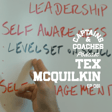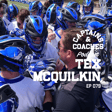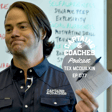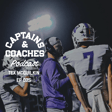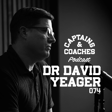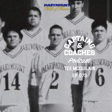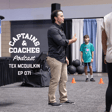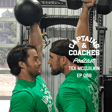
022 - Homecoming: From Marymount to Military S&C w/ Coach Jo
Tex returns to his alma mater, Marymount University's weight room with Coach Johannah Zabal, Army strength and conditioning specialist and Director of Sports Performance for Soldiers to Sidelines. Coach Jo shares her journey from collegiate athlete to becoming one of the military's most respected performance coaches, offering invaluable insights on developing both tactical and athletic excellence.
Through candid conversation, they explore how the constraints and challenges faced as young athletes and coaches shaped our professional philosophies. Jo breaks down her personal rules for success that have guided her from campus to military training grounds, while sharing practical wisdom on building resilient athletes and leaders.
Training Programs - 7 Day Free Trial
Old Bull: https://bit.ly/old-bull-train
Captain's Speed, Strength, & Swagger: https://bit.ly/captains-train
#CaptainsAndCoaches #StrengthCoach #TacticalTraining #WomenInStrength #LeadershipDevelopment #MarymountUniversity #SoldiersToSidelines




